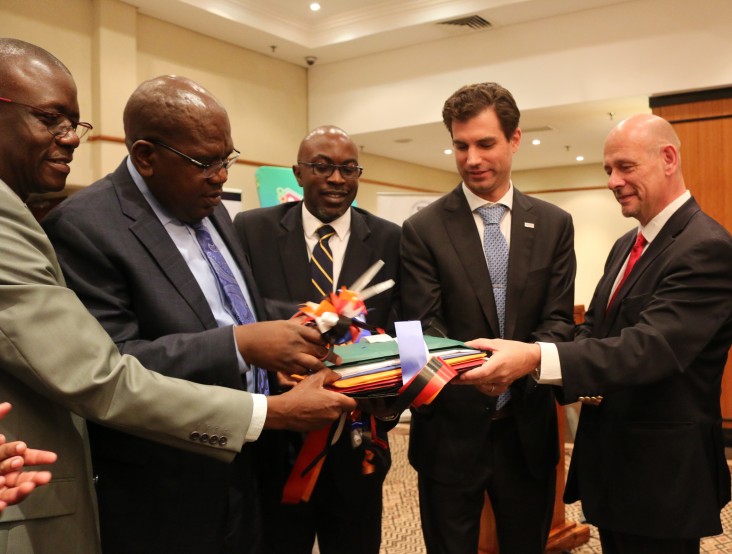Speeches Shim

Launch of Health Sector Supply Chain Strategy Remarks
USAID Health Office Director, John Kuehnle
Taj Pamodzi, Lusaka
(Remarks as prepared)
Good morning. On behalf of the U.S. government and the United States Agency for International Development (USAID), I am pleased to join you for the launch of the 2019-2021 Health Sector Supply Chain Strategy. I bring you greetings from U.S. Ambassador to Zambia, Daniel Foote, and the USAID/Zambia Director, Sheryl Stumbras
The successful procurement, storage, and distribution of essential medicines and medical supplies is critical for maintaining the health of Zambia’s citizens. Without an uninterrupted supply of life saving drugs, we cannot achieve HIV epidemic control, eliminate malaria, or sustain our collective achievements in reducing maternal and childhood deaths.
For this reason, the United States, through USAID, has long been committed to working hand-in-hand with the Government of the Republic of Zambia to strengthen the systems that underpin an effective supply chain. On an annual basis, the U.S. government invests over $130 million in commodities and technical assistance to strengthen Zambia’s supply chain, and the American People are currently the largest provider of funds for HIV and malaria drugs in Zambia..
Through USAID, the U.S. government supports the Ministry of Health and Medical Stores Limited to build staff capacity and oversee logistics systems and commodity management. We also help procure building materials and install essential infrastructure, develop and roll-out electronic logistics management systems, and provide third-party delivery to transport life-saving medication throughout the Zambia.
These investments have been significant and I am pleased to reflect on the accomplishments achieved under the former strategy. These include the construction of regional distribution hubs and expansion of the central warehouse, the incorporation of improved data visibility that can now monitor stock consumption across the country, and the establishment of a National Drug Quality Control Laboratory.
Through our collective investments, Zambia has one of the strongest public health supply chains in the region. This has allowed us to put over one million people on HIV treatment, dramatically reduce maternal and child deaths, and significantly reduce new malaria cases.
These gains, however, are easily undone if financial security for the supply chain is not assured, which can only happen if the Ministry of Health and Medical Stores Limited receive sufficient funding to carry out their mandates. In addition, donors must better coordinate our investments, and commodity commitments should not vary year-to-year. Variable commitments make planning difficult, and inevitably lead to stock outs and costly emergency procurements.
USAID is honored to support the Ministry of Health and Medical Stores Limited to develop sustainable supply chain solutions. These solutions form the foundation that allows our other health programs to be successful. Together, we must remain committed to ensuring that Zambia’s supply chain and the incredible health improvements of the past 15 years are supported immediately and continued long into the future. Thank you.

Comment
Make a general inquiry or suggest an improvement.